I'm from the Northeast and spent close to the last 15 years of my life in big, bad L.A. My boyfriend grew up Mormon and spent some of his formative years in Utah, so I sometimes assume him adorably naive by comparison.
He confirmed my suspicions recently when I brought his attention to a Facebook post from Michael Matson (pictured right), a friend and former coworker trying to raise money after complications from HIV left him too sick to work. I often forget that many people are still debilitated from the disease, I said. He commented that until he moved to Los Angeles less than a year ago, he believed everyone with HIV still died from it. I laughed at that statement, thinking it so dated and ill-informed.
A week later, once again perusing Facebook, I saw an obituary for Brad Crelia (pictured left), the young, handsome, sweet, smart founder of the Seattle-based website HIVster. Crelia, long battling a genetic condition in addition to HIV, passed away at age 29. I interviewed him and his friend Jesse James Kendall when they launched HIVster four years ago as a forum for young HIV-positive men to connect and learn how to live well. I spoke to Crelia several times since our interview, becoming Facebook friends and appreciating his positive messages and posts in the face of such adversity.
While Crelia stood out for his youth and strength, he was one of hundreds of HIV-positive people I've profiled as an editor at The Advocate and its sister magazine HIV Plus. It's easy for me to forget that when I started at The Advocate a decade ago, my assumptions were not so different from what my boyfriend's were a year ago. If I didn't quite believe death was imminent upon diagnosis, I imagined HIV cut life expectancy by decades (nope) and that everyone with it developed buffalo humps and sunken-in faces (not so much). In my 20s, most of what I knew about HIV was fear; the punishing panic experienced while waiting for results that always, thankfully, turned out negative. Then suddenly, I had a job that helped eradicate my ignorance.
Ironically, the stories I wrote about scientific breakthroughs and HIV heroes may have swung my mind-set too far in the opposite direction. Besides assuming most people who wanted HIV medications could get them -- a possibility only in Western nations -- I believed HIV was simply a manageable annoyance, something that could be completely contained with healthy living and regimen adherence.
But that's a generalization that certainly didn't ring true for Brad and Michael. Infected in 1991, Michael unsurprisingly thought HIV would fell him in five to 10 years. Instead, he lived long enough to see the advent of the drug cocktail and other medical advances. It wasn't until 2007, Michael says, that the virus started to catch up with him. HIV-related inflammation exacerbated his deteriorating spine, making it extremely painful to sit or stand for long periods of time. Five years later, he could no longer walk to the bus he took to work, nor sit for long stretches of time in front of a computer. Steroids meant to ease Michael's movement led to bilateral lymphedema, or intense swelling in his legs and feet. Then there are the ulcers, and the shingles and the bladder that doesn't quite work anymore.
Managing his illnesses, which Michael says requires 24 pills a day, has become his full-time job -- one that doesn't pay very well, especially in Los Angeles, one of the nation's most expensive cities. He says he's depleted his savings and is currently undergoing the lengthy process of filing for Social Security disability benefits, but he's had to raise money online to fill the financial gap until the benefits kick in. Michael turned to Facebook and GoFundMe (a fundraising site for personal campaigns, like dealing with illnesses) to ask friends and family for help paying his rent. As of December 1, he's raised $4,500, which should cover about two months of living expenses (full disclosure: I donated some bucks myself).
Michael's situation reminds us of so many things: that safety nets like disability insurance and rent control, the latter of which benefits him, are lifesavers; that AIDS Project Los Angeles and its pantry program, which Michael says he utilizes, is a godsend; that social media can be used for more than soapbox rantings and cat videos; that HIV is still very real.
I'm hoping Michael's story finds the happy ending that eluded Brad. Like his mother, Brad fought a losing battle against hereditary porphyria, a genetic condition that causes severe abdominal pain. Back when he launched HIVster, Brad acknowledged that he, like most HIV-positive people, was engaged in multiple wars.
"A lot of people with HIV don't just have one disease, and it can be a struggle to know how to juggle it all," Crelia told me. "I want to write about all the things that are to come with my disease, and I really hope it helps people."
It wasn't just with HIVster that Crelia made a difference. Even while battling porphyria, Brad attended 2012's International AIDS Conference as well as this year's HIV Is Not a Crime Conference. He volunteered with the Spokane AIDS Network and served on the board of the Odyssey Youth Center. On World AIDS Day this Monday, remember Brad, Michael, and all those whose stories we'll never know.
NEAL BROVERMAN is a columnist for The Advocate and the editor in chief of Out Traveler. Follow him on Twitter @nbroverman
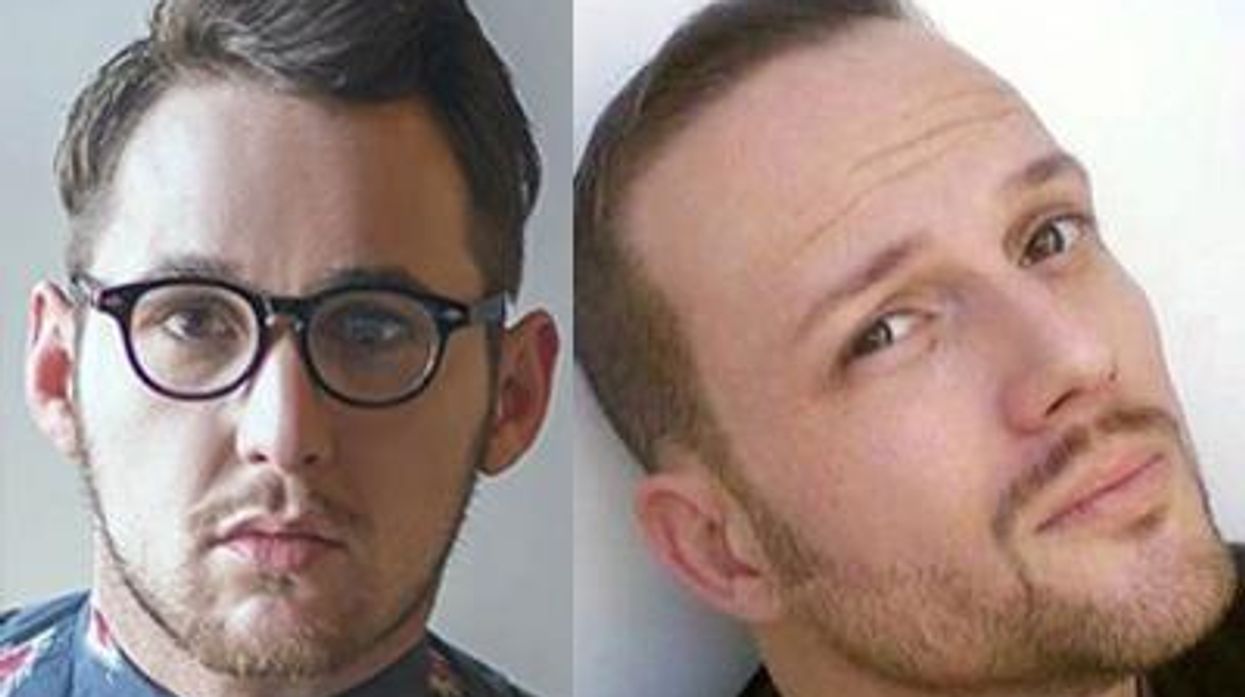





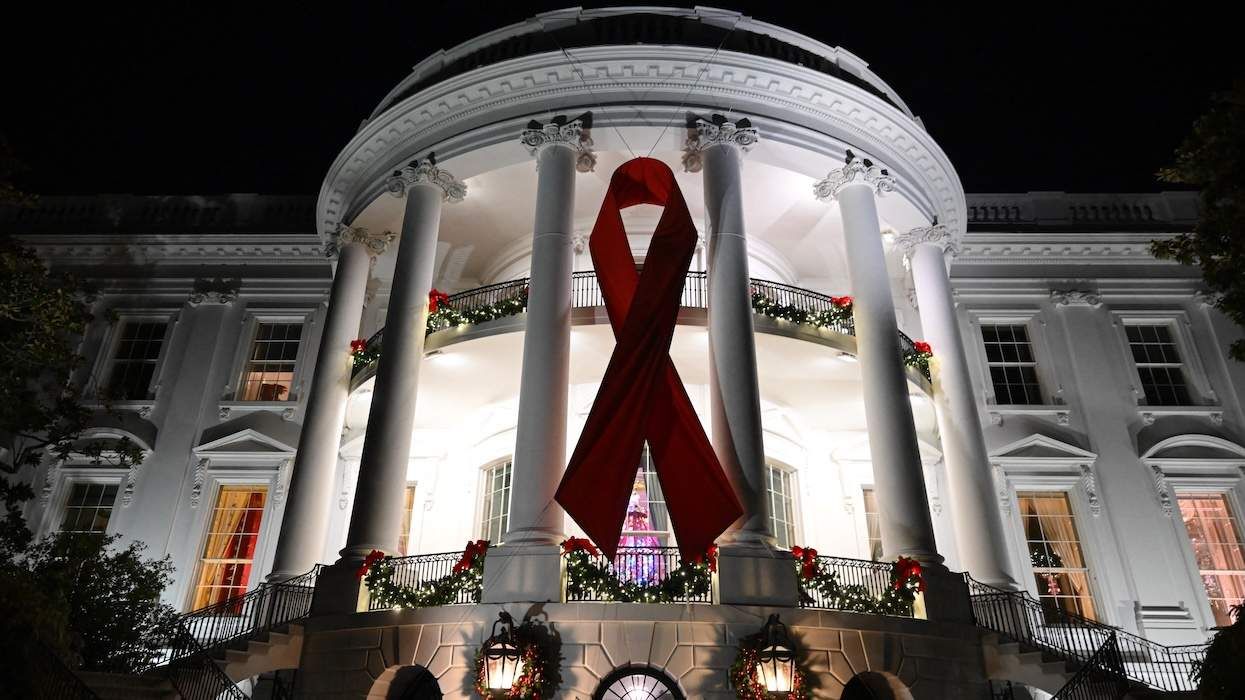

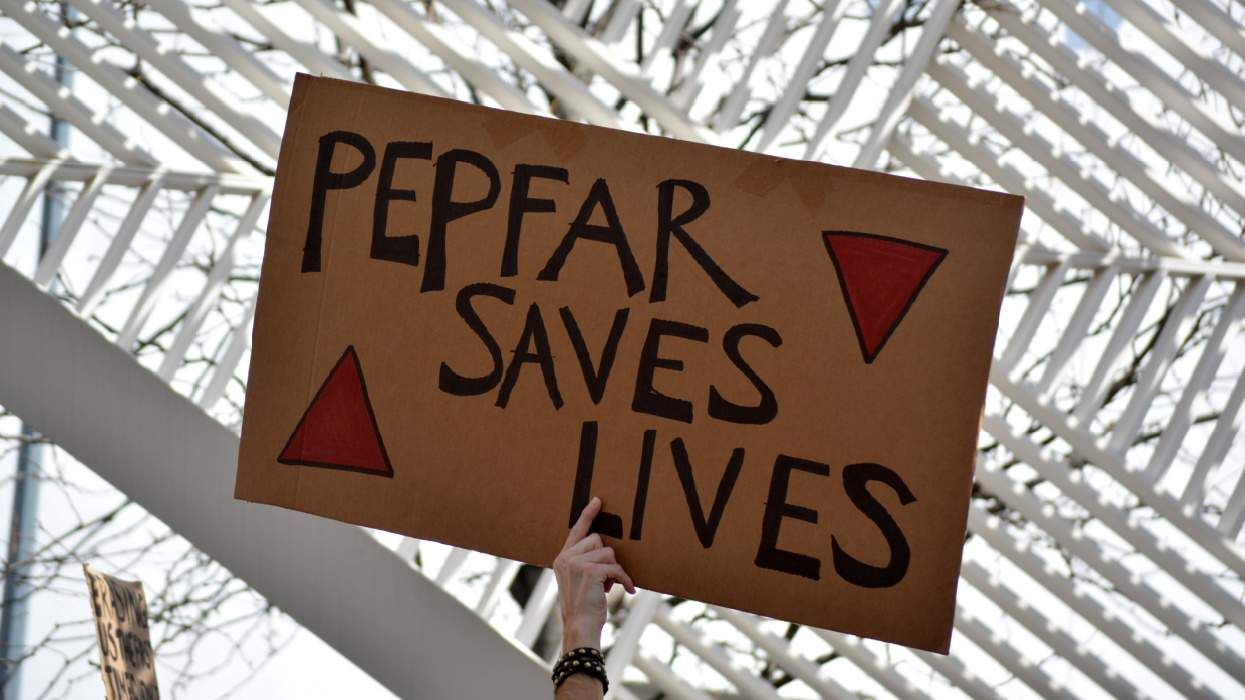

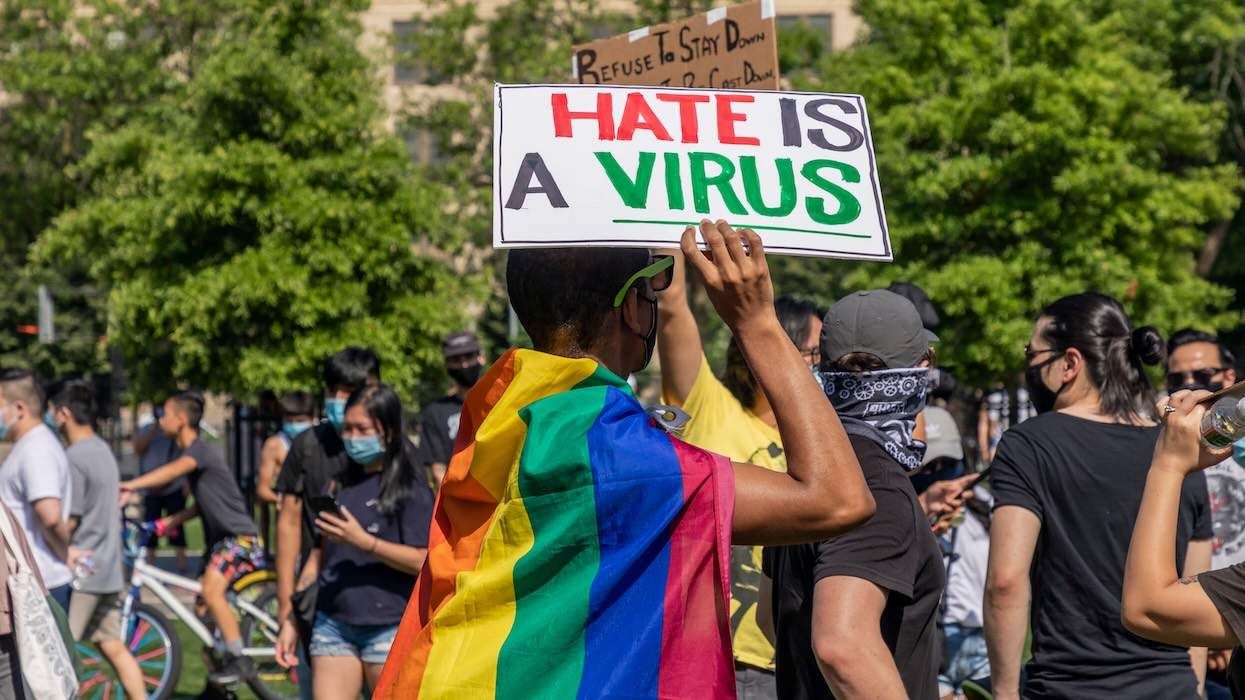





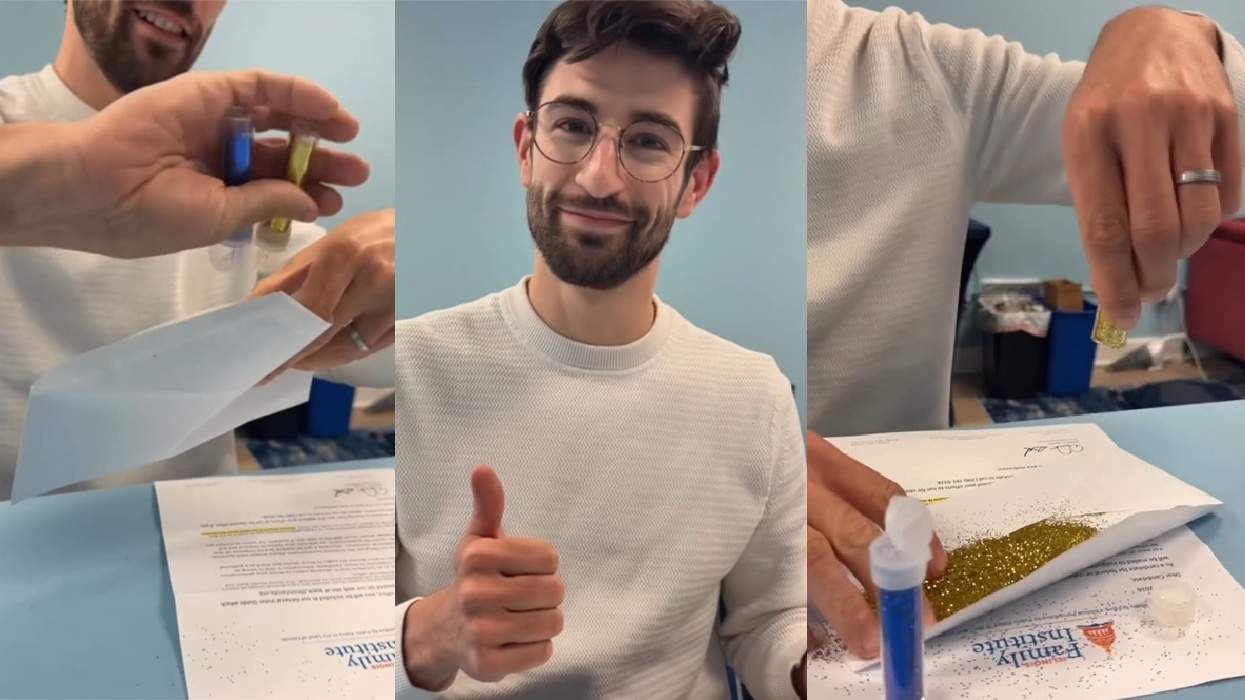



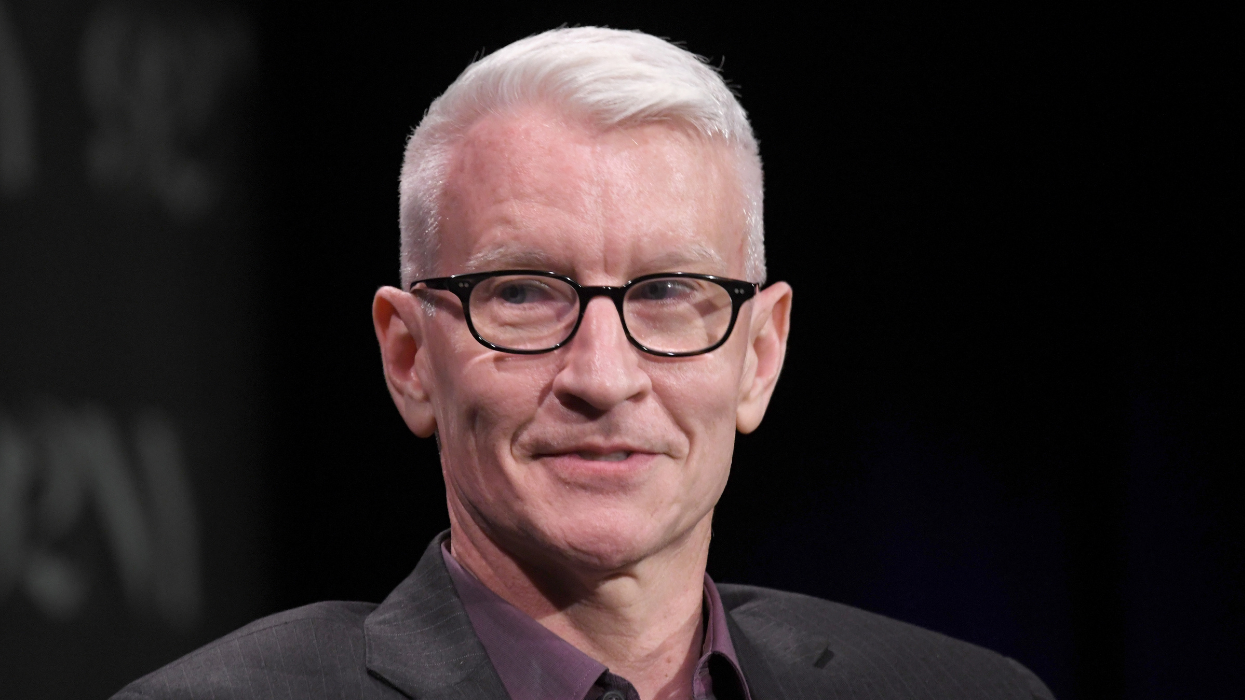
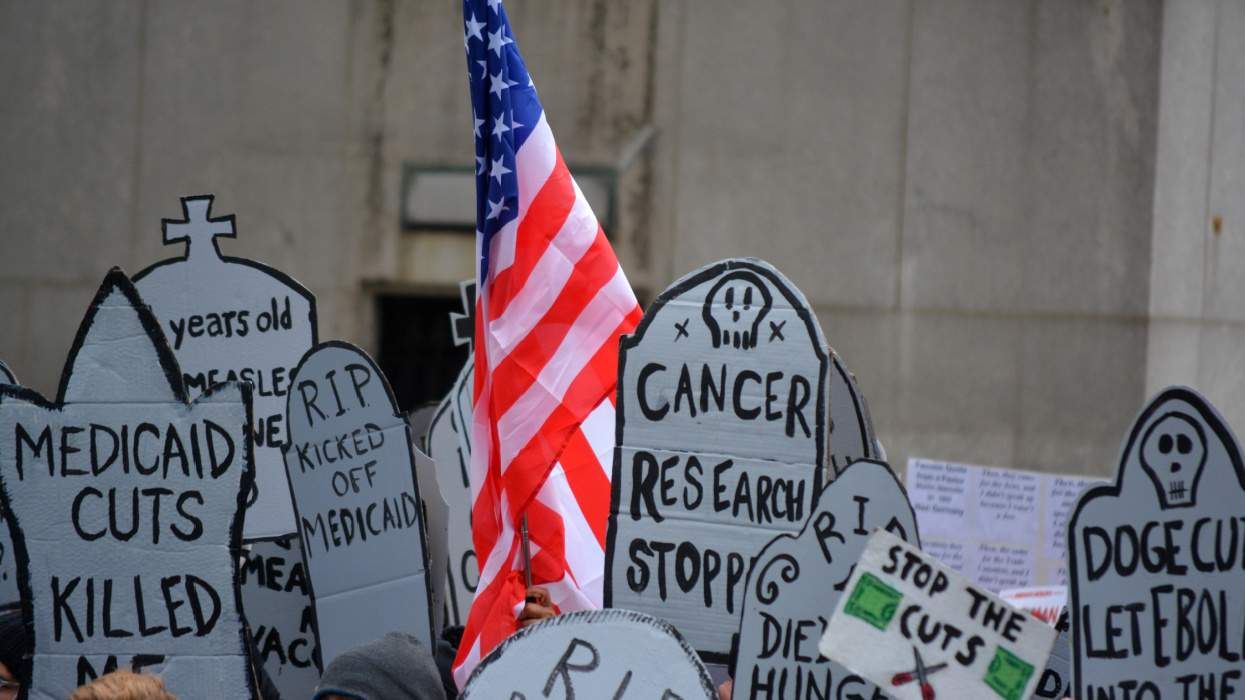

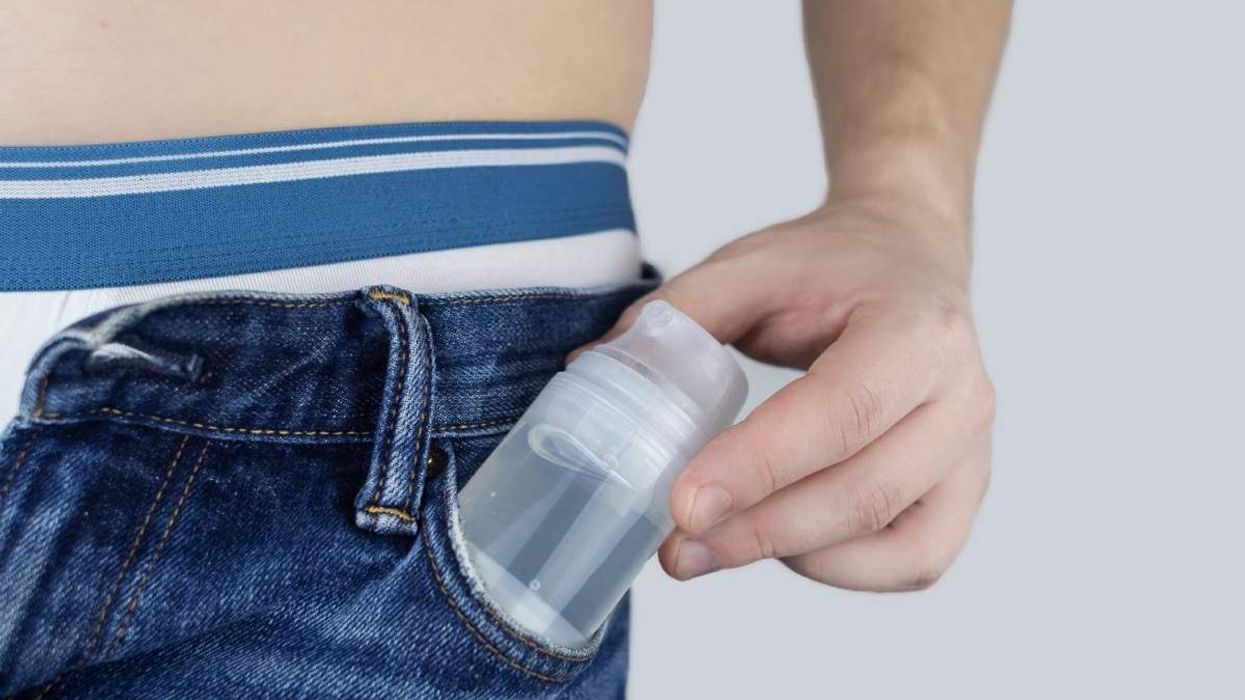
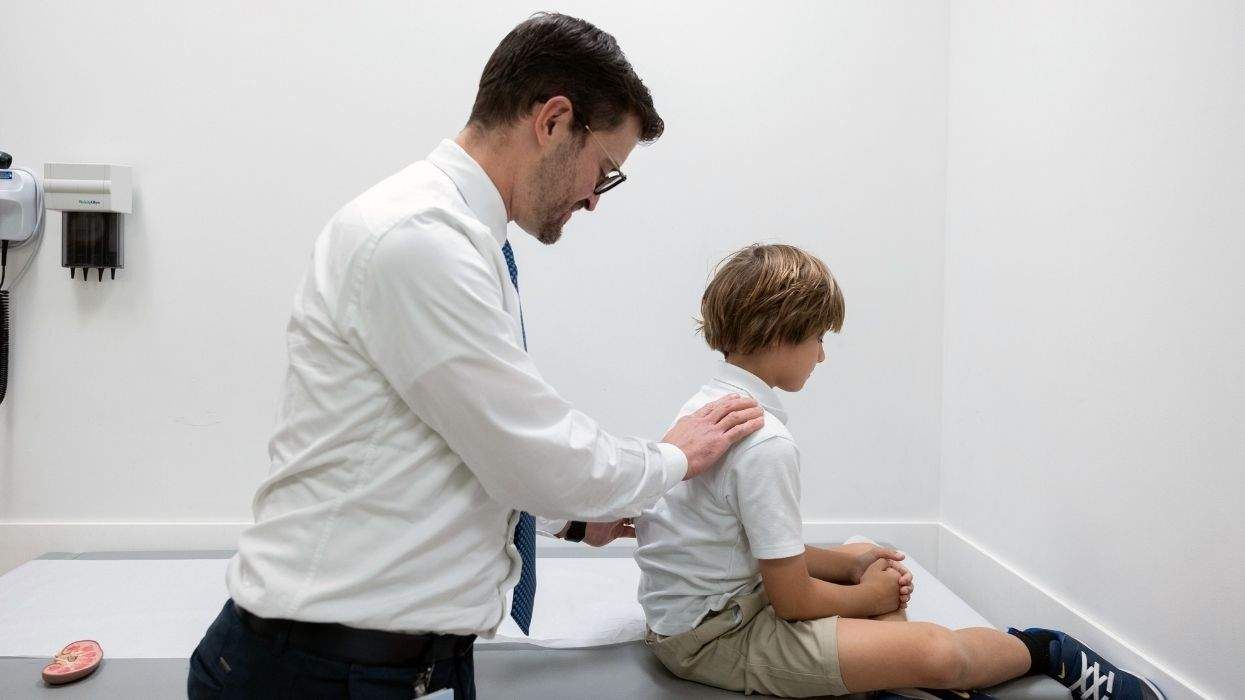










































Charlie Kirk DID say stoning gay people was the 'perfect law' — and these other heinous quotes